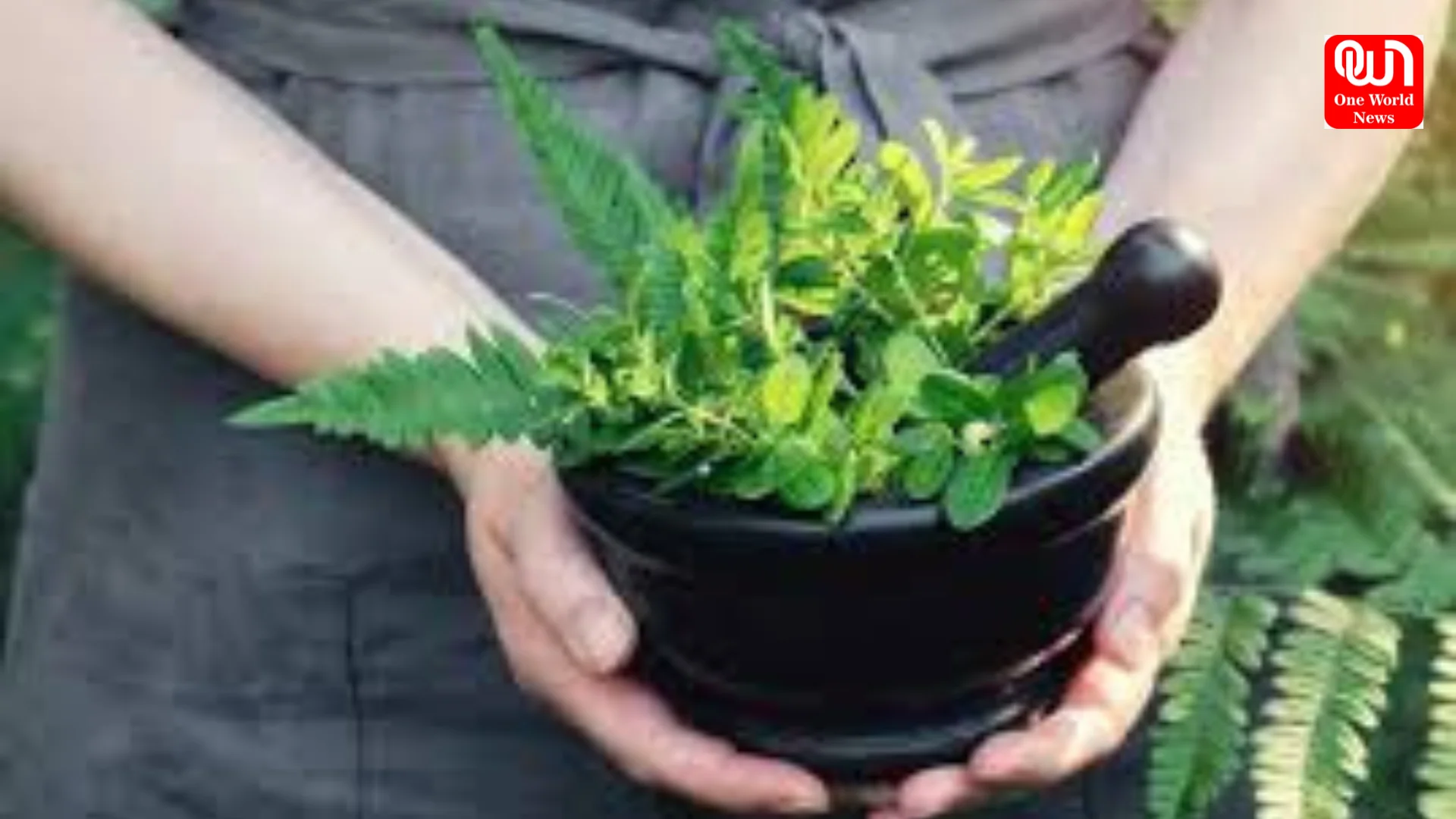Herbalist Day 2025: Honoring the Healing Wisdom of Plants and Practitioners
Tracing the Ancient Roots of Herbal Medicine and Its Role in Modern Wellness
Celebrating Herbalists and the Enduring Power of Nature’s Remedies
In recognition of herbalists and their significant contribution to our contemporary lives the world observes Herbalist Day on April 17 of each year. Since the beginning of time people have utilized plants and herbs for therapeutic purposes. Herbalists worldwide are mostly responsible for the numerous advantages of plants that we have thus discovered ranging from their nutritional value to their therapeutic and restorative applications. We honor herbalists’ essential roles and contributions on this unique day.
Background of Herbalist Day
The study of plants and herbs typically for therapeutic purposes is known as herbalism. Herbalists have historically primarily studied plants and marketed remedies and plants for their therapeutic qualities. Herbalists can now prepare medicinal plants in a variety of ways and sell them in pharmacies or online herbal stores thanks to the advancements in this field of study over the past few decades.
The profession of a herbalist evolved into a specialty during the medieval era despite the fact that the practice has existed since the time of early humans. The 12th century saw a particularly strong growth in this occupation. As of the 17th and 18th centuries herbalists could earn specialized degrees and courses from a number of European universities as well as from other establishments devoted to the field.
Many countries still recognize herbalists but the number of specialized university courses on the topic is much lower. By the late 20th century the study of herbs had become more specialized and was included in pharmacy and medicine. Despite the fact that herbalism is now covered in many scientific fields, herbalism is still taught in some courses.
Herbalists are still widely practiced today because we depend on herbs for a variety of purposes. The distinction is that the profession now differs greatly from what it was a few centuries ago. Several countries have organized cooperative programs and initiatives to revive herbalism in recent years.
Timeline of Herbalist Day
- 77 A.D. The First Herbalist Book
The first pharmacopeia De Materia Medica was compiled by Pedanius Dioscorides.
- 13th Century Recognition of the Herbalist Profession
France is among the first nations to formally acknowledge the profession of herbalists.
- 1526 The Publication of “Grete Herball”
One of the first English-language books on herbalism and its therapeutic applications was Grete Herball.
- 1941 The Last Herbalist Diploma
The Vichy government stops issuing official state-recognized diplomas to herbalists in France.
Read More : Celebrating 136 Years of Charlie Chaplin: Wisdom, Wit & Amp; Hidden Stories
Activities for Herbalist Day
- Give Thanks to a Herbalist
Recognizing herbalists is important because of their contributions and the help they still give us today. Even though there are fewer herbalists in this field than there once were, they will always be pleased to be thanked.
- Participate in Happenings
On this unique day numerous community organizations, charitable organizations and professional associations would plan small events and activities. Make sure you participate in honoring the herbalists in each community.
- Go Through the Plant Literature
You can respect herbalists by honoring their profession. Learning about the qualities of plants and herbs through reading can be entertaining and interesting.
Read More : World Hemophilia Day 2025: Awareness, Access & Stories That Inspire
Facts About Herbs
- There are Numerous Applications for Herbs
Herbs have accompanied human life throughout history, fulfilled a variety of functions and been used in a variety of ways such as as dried herbs added to food and medicinal preparations.
- Earliest Type of Treatment
Prior to operating and performing surgery doctors’ diagnoses were crude and their only responsibility was to prescribe plants and herbs that would help patients feel better.
- There are Symbolic Meanings for Many Herbs
People have always treasured the hidden meanings of many herbs regardless of their cultural background, for instance flowers represent love while certain leaves are lucky charms.
- Herbalism began around 4000 B.C.
The use of Ayurveda, a form of herbal medicine dates back to 4000 B. C. and was widespread in India B.C.
- Throughout History a lot of Herbs have Disappeared
Many plants that have been around for centuries are now only in the past. For instance the silphium plant which was widely used in Ancient Rome for perfumes cooking and contraception is now extinct.
We’re now on WhatsApp. Click to join.
Like this post?
Register at One World News to never miss out on videos, celeb interviews, and best reads.








